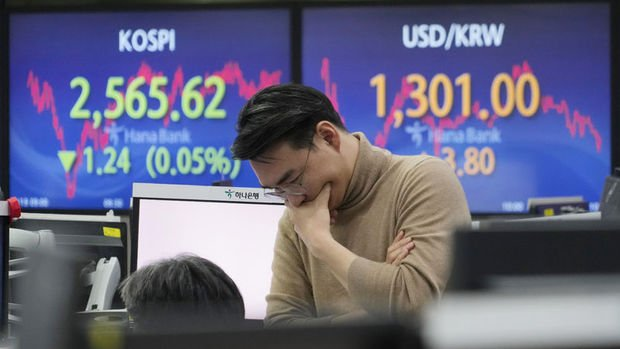Earthquake in Asian markets: Japan's worst sell-off in 37 years
As the sell-off in Asian stocks continues, Japanese stocks suffered their steepest sell-off since 1987. South Korea’s Kosdaq index also recorded a record decline. Asia-Pacific markets continue last week’s sell-off, with investors awaiting key trade data from China and Taiwan, as well as central bank decisions from Australia and India this week. Japanese stocks led the region’s losses, with the Nikkei 225 and Topix falling as much as 7%. Heavyweights such as Mitsubishi, Mitsui and Co, Sumitomo and Marubeni fell nearly 10%. At these levels, both the Nikkei and Topix are approaching bear market territory, having fallen nearly 20% from all-time highs reached on July 11. Monday’s decline follows Friday’s decline, when Japan’s Nikkei 225 and Topix fell more than 5% and 6%, respectively. The broader Topix had its worst day in eight years, while the Nikkei had its worst day since March 2020. Earlier on Monday, the yen touched its highest level against the dollar since January, last trading at 144.97. China’s services sector grew faster in July, with the country’s purchasing managers’ index rising to 52.1 in July from 51.2 in June. Taiwan’s benchmark Taiex fell almost 8%, while Australia’s S&P/ASX 200 index fell 2.84%. The Reserve Bank of Australia (RBA) begins a two-day monetary policy meeting on Monday. Economists expect the central bank to keep interest rates steady at 4.35%, but markets will watch the RBA’s statement for clarity on whether it is still considering a rate hike. South Korea’s Kospi fell 4.38%, while the Kosdaq index fell 4.63%. Hong Kong's Hang Seng index suffered the smallest loss in Asia, falling 0.22 percent, while mainland China's CSI 300 index rose marginally as the only major index in positive territory.


